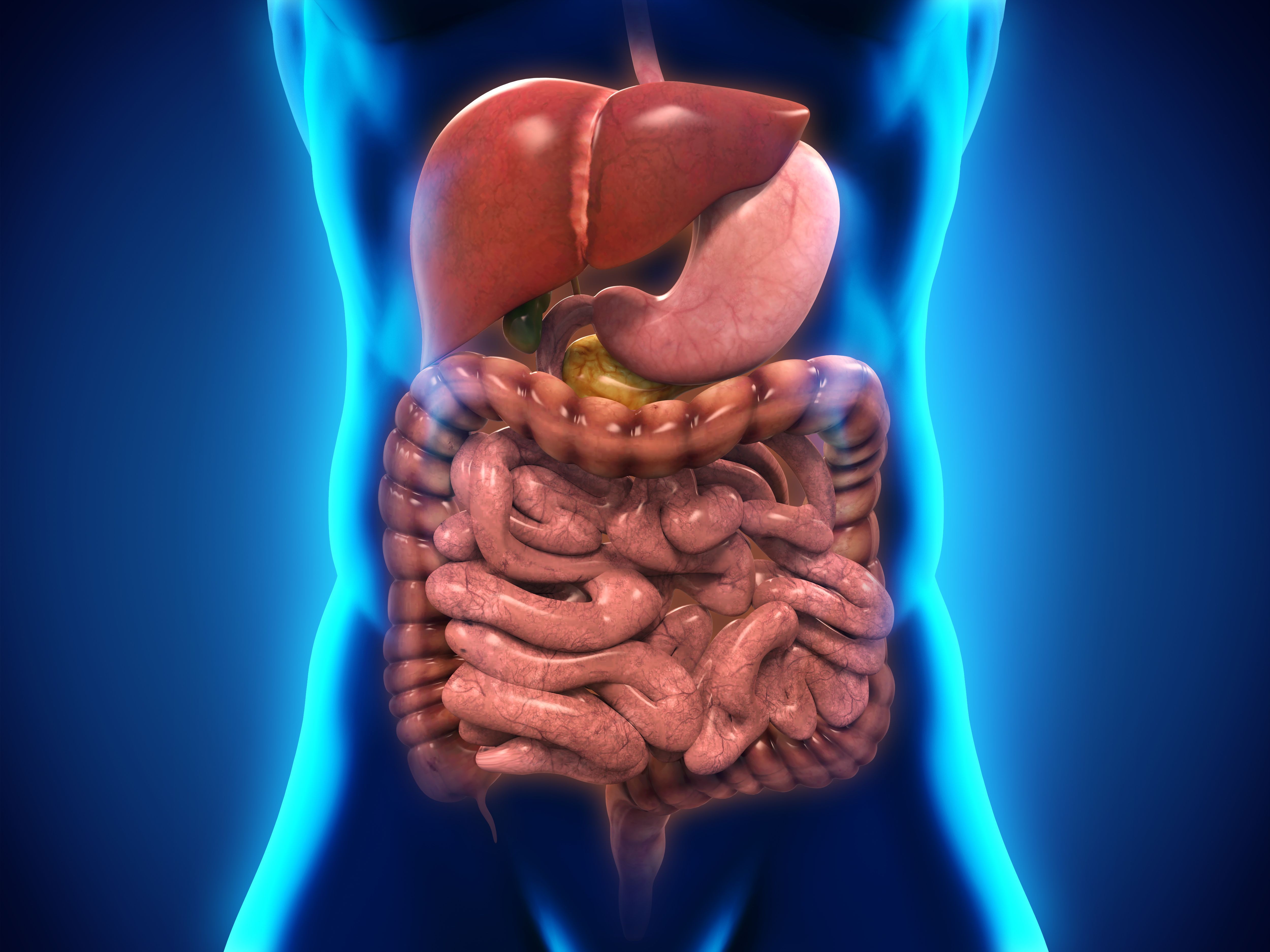Encorafenib Combo Earns Chinese Approval in BRAF V600E+ Metastatic CRC
Data from the phase 3 BEACON CRC trial support the approval of encorafenib plus cetuximab for this colorectal cancer population in China.
The FDA previously approved encorafenib/cetuximab for patients with metastatic BRAF V600E–mutant CRC in April 2020 based on findings from the phase 3 BEACON CRC trial.

Encorafenib (Braftovi) plus cetuximab (Erbitux) has received marketing authorization in China as a treatment for adults with previously treated metastatic colorectal cancer (CRC) harboring BRAF V600E mutations, according to a press release from the developers, Pierre Fabre Laboratories.1
Supporting data for the approval in China came from the phase 3 BEACON CRC trial (NCT02928224), in which investigators assessed treatment with encorafenib plus cetuximab and binimetinib (Mektovi), encorafenib/cetuximab doublet therapy, and investigator’s choice of cetuximab plus irinotecan or cetuximab plus folinic acid, fluorouracil, and irinotecan (FOLFIRI). Additionally, the approval was based on findings from the Chinese phase 2 NAUTICALCRC trial (NCT05004350) evaluating encorafenib/cetuximab vs irinotecan/cetuximab or FOLFIRI/cetuximab in a similar patient population from China.
“This approval represents a significant advancement and is crucial for the patients in China with BRAF V600E–mutant [metastatic] CRC [with] this particularly unfavorable prognosis cancer. Until now, no treatment specifically intended for this population has been approved by the Chinese authorities, leaving an unmet medical need,” Núria Perez-Cullell, head of the Medical & Patient Consumer Department at Pierre Fabre Laboratories, stated in the press release.1 “From now, encorafenib in combination with cetuximab will change the approach to treating patients in China, offering the possibility to slow disease progression and improve their life expectancy.”
BEACON CRC
Data published in the New England Journal of Medicine showed a median overall survival (OS) of 8.4 months (95% CI, 7.5-11.0) with encorafenib/cetuximab vs 5.4 months (95% CI, 4.8-6.6) with control therapy. The risk of death was significantly reduced in the doublet therapy arm vs the control arm (HR, 0.60; 95% CI, 0.45-0.79; P < .001).2 The objective response rate (ORR) was 20% (95% CI, 13%-29%) vs 2% (95% CI, 0%-7%) in each respective arm; the experimental doublet therapy significantly improved responses (P < .001).
Any-grade adverse effects (AEs) occurred in 98% of the doublet arm and 97% of the control arm, with grade 3 or higher toxicities affecting 50% and 61% of patients, respectively. The most common AEs of any grade in each arm included nausea (34% vs 41%), diarrhea (33% vs 48%), and fatigue (30% vs 27%).
In the doublet arm of the trial, patients with metastatic BRAF V600E–mutated CRC received encorafenib at 300 mg daily plus cetuximab at 400 mg/m2 as an initial dose followed by 250 mg/m2 each week. The trial’s primary end points were OS and ORR in the triplet arm vs the control arm. Secondary end points included OS in the doublet arm vs the control arm.
NAUTICAL CRC
According to findings presented at the 2024 American Society of Clinical Oncology Annual Meeting, the median progression-free survival (PFS) was 4.2 months (95% CI, 3.0-7.3) in patients who received encorafenib/cetuximab in the doublet arm vs 2.5 months (95% CI, 1.3-4.3) in the control arm (stratified HR, 0.37; 95% CI, 0.20-0.68; P = .0004).3 Additionally, the median OS was 11.6 months (95% CI, 8.1-14.7) vs 8.2 months (95% CI, 5.2-12.1) in each respective arm (stratified HR, 0.55; 95% CI, 0.31-0.99). In each arm, the ORR was 24.6% (95% CI, 14.8%-36.9%) vs 6.3% (95% CI, 0.8%-20.8%) and the median duration of response was 8.2 months (95% CI, 2.8-not evaluable [NE]) vs 4.2 months (95% CI, NE-NE).
All patients in the doublet and control arms experienced any-grade treatment-emergent AEs (TEAEs), and 47.7% vs 51.9% from each arm had grade 3 or higher TEAEs. The most common TEAEs in each arm included anemia (30.8% vs 37.0%), vomiting (26.2% vs 33.3%), and rash (24.6% vs 29.6%).
In the doublet arm of the NAUTICALCRC trial, patients with 1 to 2 prior regimens for metastatic BRAF V600E–mutant CRC received encorafenib at 300 mg orally daily plus cetuximab at 400 mg/m2 intravenously followed by 250 mg/m2 intravenously weekly. The trial’s primary end point was PFS per blinded independent central review. Secondary end points included investigator-assessed PFS, ORR, OS, and safety.
The FDA previously approved encorafenib/cetuximab for patients with metastatic BRAF V600E–mutant CRC in April 2020 based on findings from the phase 3 BEACON CRC trial.4
References
- Pierre Fabre Laboratories receive approval for BRAFTOVI (encorafenib) combination in China for the treatment of adult patients with BRAFV600E-mutant metastatic colorectal cancer (mCRC) after prior systemic therapy. News release. Pierre Fabre Laboratories. July 11, 2025. Accessed July 11, 2025. https://tinyurl.com/yhat474v
- Kopetz S, Grothey A, Yaeger R, et al. Encorafenib, binimetinib, and cetuximab in BRAF V600E-mutated colorectal cancer. N Engl J Med. 2019;381(17):1632-1643. doi:10.1056/NEJMoa1908075
- Wang X, Deng Y, Zhang Y, et al. Encorafenib and cetuximab versus irinotecan/cetuximab or FOLFIRI/cetuximab in Chinese patients with BRAF V600E mutant metastatic colorectal cancer: the NAUTICAL CRC study. J Clin Oncol. 2024;42(suppl 17):LBA3559. doi:10.1200/JCO.2024.42.17_suppl.LBA3559
- FDA approves encorafenib in combination with cetuximab for metastatic colorectal cancer with a BRAF V600E mutation. FDA. April 8, 2020. Accessed July 11, 2025. https://tinyurl.com/47awvc2d